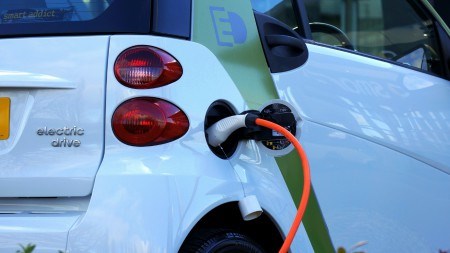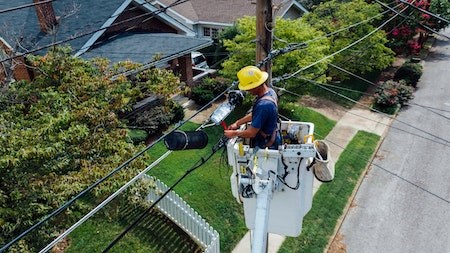With the rise of eco-consciousness, and the ever-rising fuel costs, more and more South Africans are considering the electric car. Here's what you need to know about electric charge points.
With the ever-rising costs of fuel prices, the thought of trading in your powerful gas-gussler for an eco-friendly electric car is becoming all the more enticing – and property developers are beginning to make this decision even more of a no-brainer.
“Especially since the eco-estate trend has seen such a popular uptake, many of the more upmarket housing developments are beginning to construct homes with built-in charge stations in the garages. We foresee this trend growing in line with the growth rate in popularity and demand for electric vehicles in South Africa,” says Adrian Goslett, Regional Director and CEO of RE/MAX of Southern Africa.
Depending on the brand and capabilities of the chargers (the chargers voltage normally range from around 16A - 32A dependant on the power capacity of the home), home installations can cost anything between R9,000 - R25,000. The actual electrical installation costs anything between R4,000 - R8,000. The variation in cost usually depends on the distance to the DB board and the extent of any civil work needed.
Finding a home that already has built-in chargers will save homeowners a sizable amount of cash, and will increase the value of a home once the demand for these vehicles aligns with global trends.
“In Amsterdam, almost every homeowner parks their cars at an electric parking spot. At Ikea in Vienna, the parking lot has plug points for electric cars, so you can park and charge your car while shopping. We are not quite there yet. This trend might take a while to pick up in South Africa. Currently, there are only a few electric cars on our roads as they are often too expensive, and carry the stigma of not having as powerful an engine as a petrol/diesel car. For now, the trend is likely to be adopted only by the wealthier or more environmentally conscious who live in upmarket developments,” says Gerlinde Moser, Broker/Owner of RE/MAX Living operating within the Cape’s Atlantic Seaboard and City Bowl.
And she’s not incorrect in her predictions. Winstone Jordaan, managing director of Grid Cars (an electric vehicle company leading South Africa’s Green Mobility Revolution), says that they have already started discussions with some developers about including charge points in upmarket homes. Jordaan is also dealing with many property management groups who are hoping to roll out charge points at their public facilities in the near future. Perhaps the days of charging stations at commercial parking lots are not too far off for South Africans.
“As difficult as it is to imagine a day when our roads will be filled with electric vehicles, global trends forecast that this will one day be the way of the future. We predict that as this trend picks up locally, more and more houses will have built-in charging stations for electric vehicles,” Goslett concludes.




